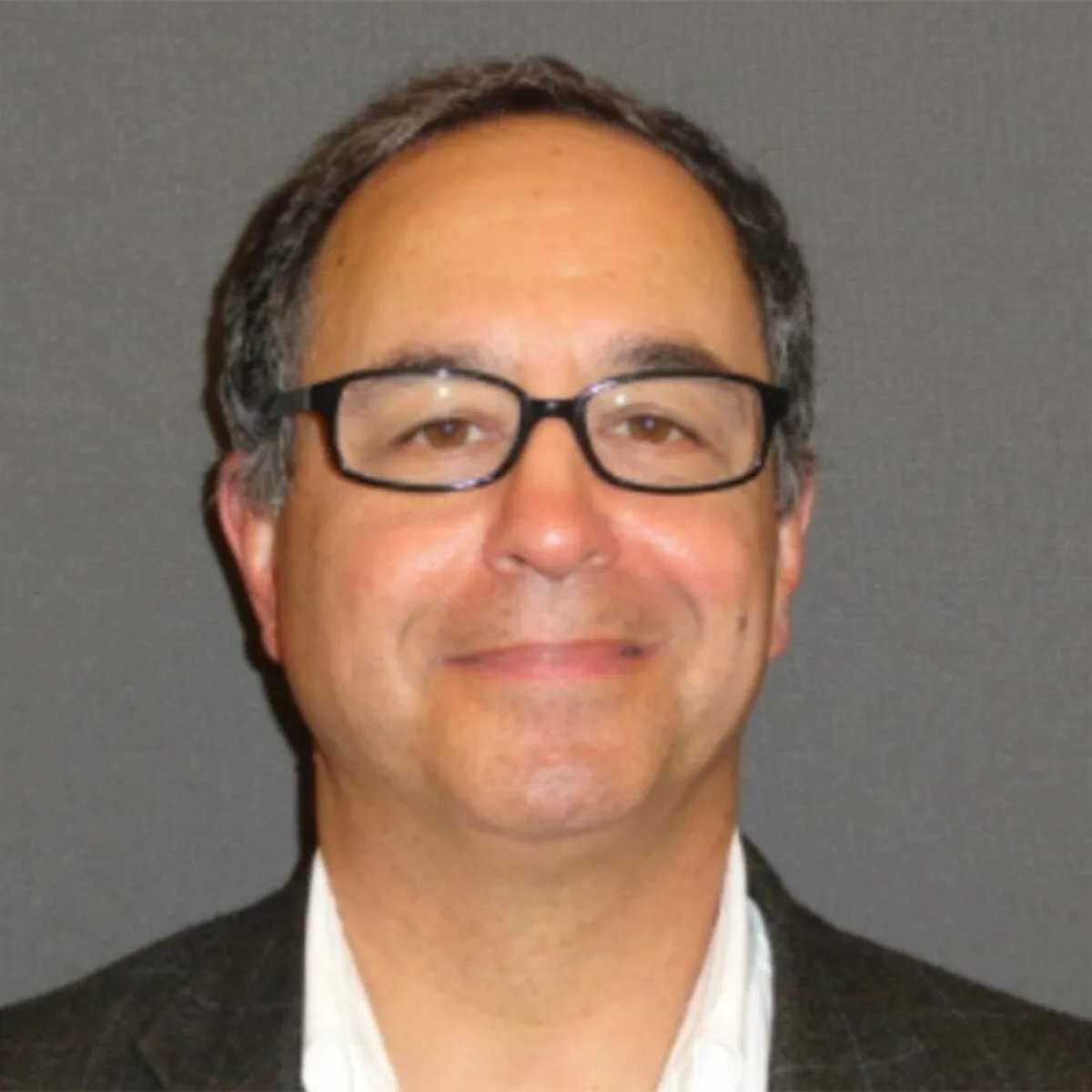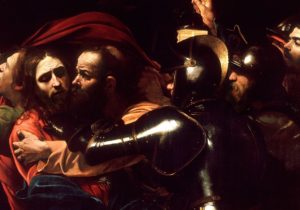A June 25 statement from Emory’s Candler School of Theology alerts website followers that its dean is now a cosigner of a letter endorsed by the deans of Princeton Theological Seminary, Duke Divinity School, Union Theological Seminary, Yale Divinity School, and Vanderbilt Divinity School. The statement rightly identifies the immense challenges our country faces, then excoriates President Donald Trump for his lack of “moral leadership.”
What has “moral leadership” by our presidents given us since 2000? For his two terms of office (2000–08), President George W. Bush provided “moral leadership” that sent American troops and American treasure abroad, purportedly to bring the light of democracy to Afghanistan and Iraq. Two decades later, our country has little to show for that effort except terrible loss of life on all sides and trillions of dollars wasted. Perhaps a president less concerned with moral causes and more concerned with strict national defense might have better served our country during that period. For his two terms of office (2008–16), President Barrack Obama provided “moral leadership” of the sort that separated American citizens into the “woke” and the “deplorables.” The arc of history, President Obama claimed, bent in the direction he openly declared. Everyone who opposed him was “just being political.” Perhaps a president less concerned with moral causes, and more concerned with the collapse of the middle class, might have better served our country during that period.
Moral leadership from presidents sounds grand, but American politics was designed to work on political interests, not moral truths. There have been occasional moments in American history when politics and morality converged. The American Revolutionary period, the Civil War period, the Progressive Era, and the Civil Rights Era were such times. These were moments of great crisis. To wish for the perennial convergence of politics and morality is to wish for never-ending crisis. The idea behind interest-based politics—behind liberalism—is that not every question needs to be a moral one. In his Letters on England (1733), Voltaire famously wrote that he went to the English stock market and saw Jews, Christians, and Moslems caring not a jot about each other’s religion, provided their money was good. Liberal politics aspires to reduce the number of occasions when politics and morality converge. The Constitution establishes such a liberal politics, with the understanding that at times of great crisis, the Constitution can be amended to alter the framework within which politics occurs.
Two successive presidents who believed in “moral leadership” have habituated American citizens into believing that moral leadership comes from our presidents. Now we have a “transactional” president, and the deans of our leading schools of theology sanctimoniously sound off that he has failed to provide moral leadership. Shall we remove the fig leaf by which they hide and deflect the failure of divinity schools to provide moral leadership in America? The problem, as many of us already know, has been several generations in the making.
Anyone who passed through divinity school during the 1980s, as I did, could not have helped but notice the transformation that was occurring before their eyes. The two towering figures of American Protestant thought of the mid-century, Reinhold Niebuhr and Martin Luther King Jr., had become passé. Niebuhr’s fixation on original sin had become an embarrassment; King’s fixation on the redemption of black America from racism now served as a template for redeeming women from sexism. The promise of civil rights was being fulfilled through women’s advancement in the academy—mostly white women, it turned out. That was the real Gospel Good News of the decade.
This was also the time when Deconstruction made its appearance. In divinity schools, inquiry shifted from the difficultly of establishing a moral world the brokenness of man threatened perennially to undo, to the impossibility of establishing a moral world for which Western, logo-centric man—and here I do mean men—longed. Such a logo-centric world, we were taught, was a convenient fiction, a delusion, or a mechanism of oppression. The older theology gave us man, who longed for God, but always fell short; the new theology gave us patriarchal men, who fell short because they longed for God.
Certain Christian habits of thinking, certain categories, remained, however. These were fortified by Deconstruction even while being distorted by it. First, there was the category of equality, which Christianity had defended on the ground that the sacrificial offering of Christ covered over the different mortal inheritances that Greek and Jew, freeman and slave, man and woman could trace. Through Divine self-sacrifice, they all equally became adopted sons and daughters of God. Deconstruction sought equality too, but found it by destroying any and all claims to morality and authority. Man was equal because no one had any ground to believe anything. Both Christianity and Deconstruction sought to do away with “the old man.” Christianity did this by a Divine formation of a “new man,” who lived in hope and in faith. Deconstruction destroyed the pretenses of the “old man,” and left him shivering and alone, in naked squalor, with neither hope nor faith.
Second, there was the category of transgression, which Christianity had rendered as original sin. Original sin was a corruption in man that was always-already-there, prior to any predicates that attach to him through his inheritance, and prior to any violence he might perpetrate or suffer because of his inheritance. Sin was inside everyone, and only Christ could redeem us from it. Deconstruction proposed, on the contrary, that all schemes of redemption are transgressive, because they proclaim a trustworthy account of the very order of things. Deconstruction recognized no Truth, only “narratives.” Going any further was pretense, imposition, and violence. Christ was not the balm for the wound, He was the cause of the wound.
What sort of moral leadership can emerge when Deconstruction undermines Christianity, as it has? The sort of moral leadership based on the understanding Deconstruction provides, of the still lingering Christian categories of equality and transgression that Deconstruction could not eradicate. This takes the form today, on the one hand, of empty encomiums to an equality that would destroy all distinctions between persons and, on the other, a spiritual eugenics that sets one identity group against another—white, black, Hispanic, man, woman, straight, gay—in a never-ending contest to establish who is pure and without blemish and who is not. Christianity gave us the plurality of persons whose common fault was the ineradicable transgression of original sin. Deconstruction gives us the equivalence of all identity claims and the irredeemable stain of anyone who would seek to make moral distinctions between them. The latter is what our divinity schools offer our country today. Most of the other divisions within our college and universities offer similar so-called moral leadership. Divinity schools hallow their rendition by clothing it in the vestigial authority of religion.






